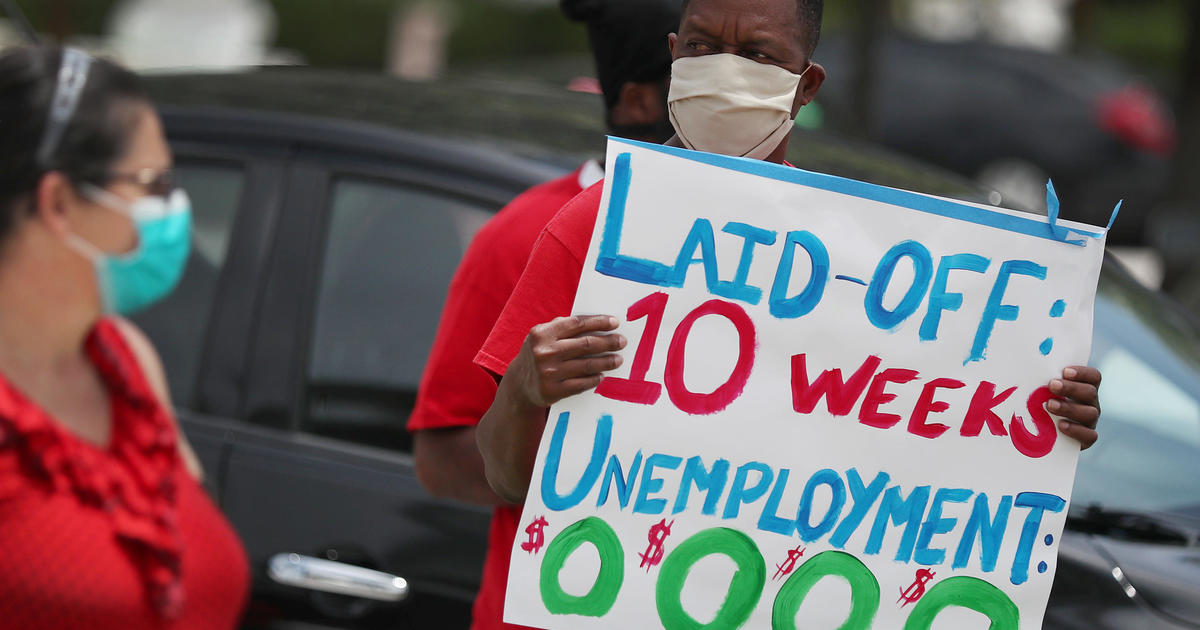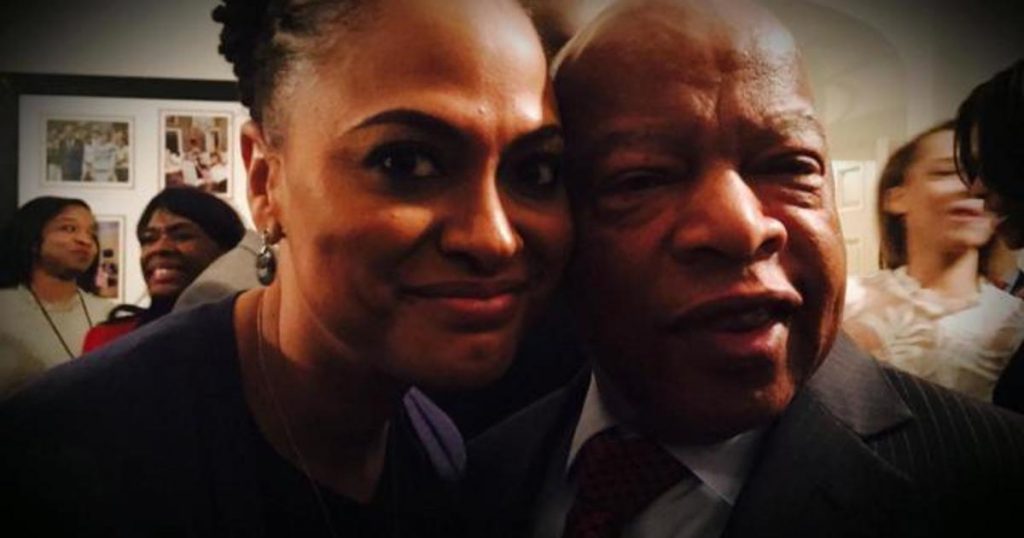
As lawmakers negotiate another massive coronavirus relief bill, one key area of debate is whether the extra $600 in federal weekly unemployment benefits millions of Americans are getting to tide them over during the crisis is actually discouraging them from returning to lower-paying jobs. That has prompted some Republican lawmakers to push for a reduction in benefits, arguing the cut will nudge people back into the labor market and speed the economic recovery.
Yet such concerns are misguided, some experts say. A July study by Yale economists found “no evidence” that people who have recently lost their job are choosing to stay unemployed because of the sweetened federal jobless aid. In fact, they added, “Workers facing larger [unemployment] expansions generally appear to be quicker to return to work than others, not slower.”
Meanwhile, Republican lawmakers and the Trump administration want to cut the $600 in weekly unemployment benefits to $200 a week, according to the Washington Post. The lower payout would provide a financial bridge until states can set up their unemployment systems to provide workers with 70% of the income they earned before they lost their jobs, the Post added. The $600 in weekly benefits is due to end July 31 after being authorized by the Coronavirus Aid, Relief and Economic Security Act in March.
The debate over unemployment benefits comes as the nation’s jobless rate remains at its highest level since 1948, when the federal government began tracking it. With 25 million people collecting unemployment, the expanded benefits have been credited with keeping many of them afloat and out of poverty — states’ regular jobless aid typically replaces just one-third to one-half of workers’ average weekly pay.
At the same time, the $600 in extra pay has become a sticking point for some Republicans, who are voicing concerns that the generous benefit could actually hamper an economic rebound if employers can’t find workers willing to give up their jobless benefits.
“We want folks to go back to work,” White House economic advisor Larry Kudlow told reporters on Monday. “And we don’t want to create disincentives to work, so we’re creating a technical formula that would give you 70% of the wage” before a worker was laid off.
Earning more without a job
To be sure, some workers are earning more on unemployment than they did while working — two-thirds, to be exact. That’s according to May research by University of Chicago experts, who found that one in five laid-off workers could earn as much as double their lost wages through the extra unemployment pay.
Yet while some individuals might opt to collect unemployment rather than return to work, that doesn’t appear to be happening on a large scale. About 7 in 10 people who returned to the labor force in May had received more in jobless benefits than they did while working, Evercore ISI economist Ernie Tedeschi told Yahoo Money.
Out-of-work adults may be going back to work rather than collecting benefits for one simple reason: People who snub “suitable” job offers are disqualified from receiving unemployment. That includes workers who were furloughed and whose employer then asks them to return to work, the Yale economists note.
Their study analyzed data from Homebase, which offers scheduling and time clock software to small businesses, many of which are in the restaurant, fitness and other sectors that were slammed by the pandemic. Many of these employees earn low wages, suggesting that they’re the most likely to see their income jump from the expanded unemployment benefits, they noted.
Yet the research indicates that the higher jobless pay didn’t “discourage workers from returning to their jobs over time,” the economists wrote. “We note that our results do not necessarily imply that such responses do not exist – rather, they suggest that expanding [unemployment] generosity has not depressed employment in the aggregate.”

